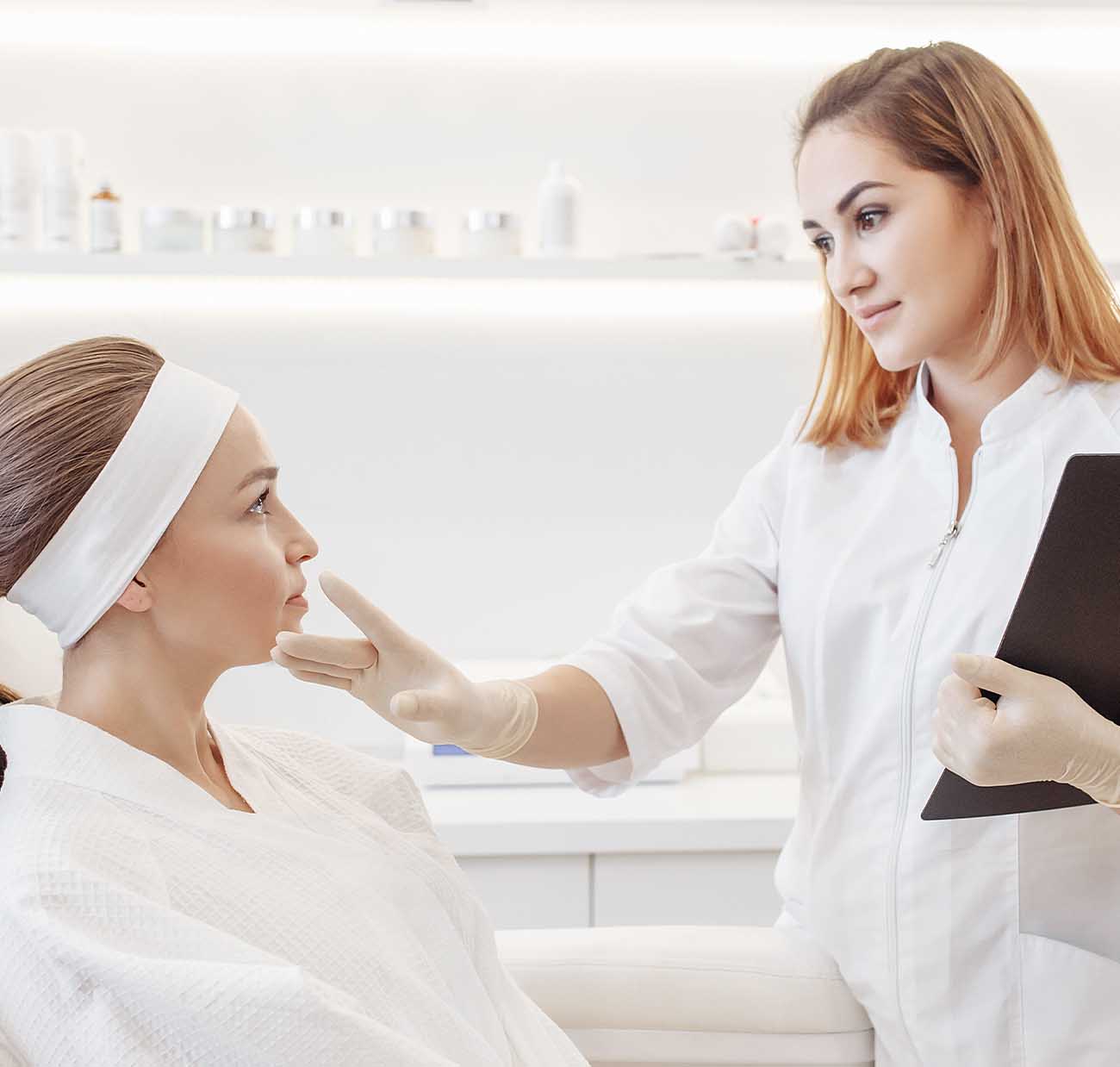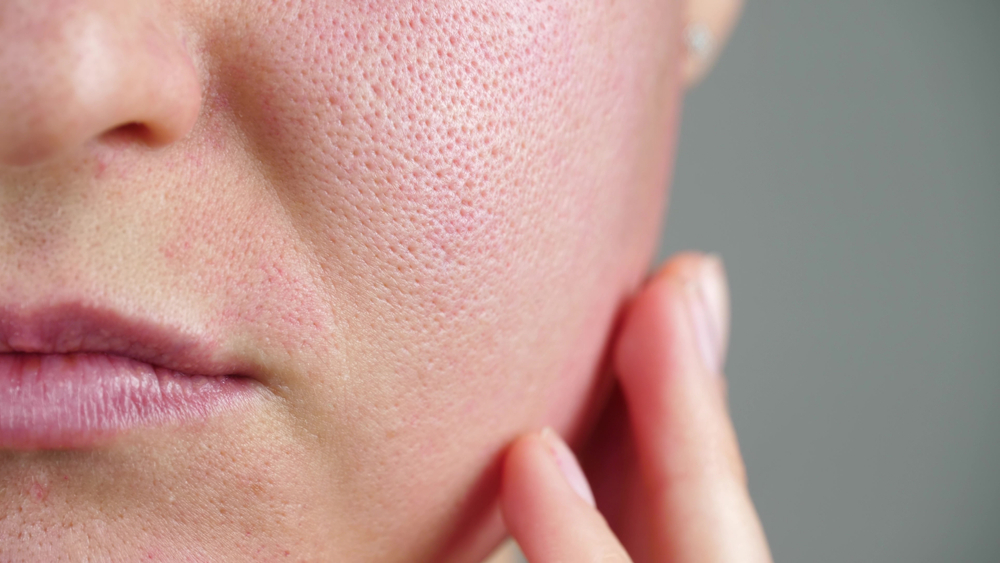Vasoreactivity
Stress sets off several physiological reactions in the body that can affect the skin. It causes the release of hormones like cortisol that thicken hair follicle cells and increase oil production – the perfect recipe for acne.
Stress can also trigger neuropeptides, chemicals unleashed from nerve endings in the skin that leave it red or itchy, and encourage T cells (the skin’s infection fighters) to overreact, making the skin turn over too quickly and flake or scale. Then there are the blood vessels: Under stress they become more reactive, either clamping shut (so skin looks pale or sallow) or opening too widely (causing the skin to flush).
Depending on your genetic predispositions, it’s not a pimple but an eczema outbreak. A psoriasis flare-up. A bout of rosacea. A dehydrated, dull, oily or even older-looking appearance.


Consultation
- Detailed history of your skin concern
- Total skin examination
- Holistic assessment of your health
- Diagnosis
- Discussion of treatment options
- Personalised treatment plan
- Treatment
FAQs
Under stress your T cells (the skin’s infection fighters) become more reactive, either clamping shut (so skin looks pale or sallow) or opening too widely (causing the skin to flush).
See answer

There is sudden redness, which comes with a bout of stress or a dish that’s too spicy. The kind that settles on the cheeks and seems impossible to get rid of. There is also the kind that follows the lines of the blood vessels, leaving traces around the nose.
See answer

Whether you’re affected by vasoreactivity or rosacea, it has both aesthetic and psychological consequences. Indeed, this redness is often difficult to cope with and can be associated with a poor lifestyle or excessive shyness.
See answer



